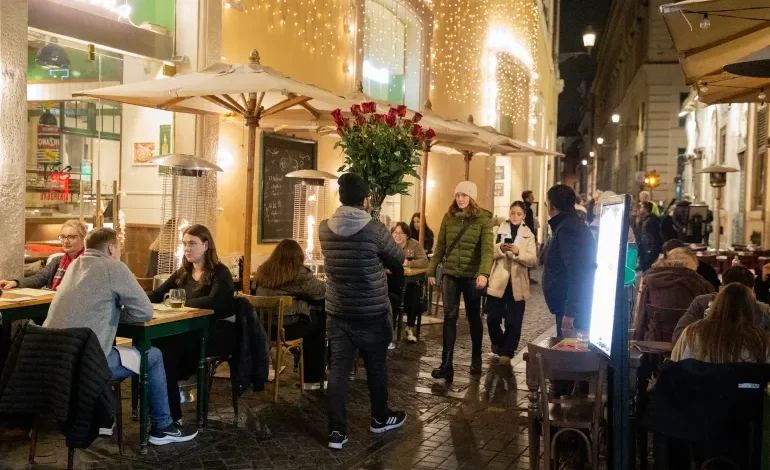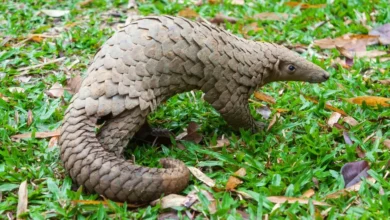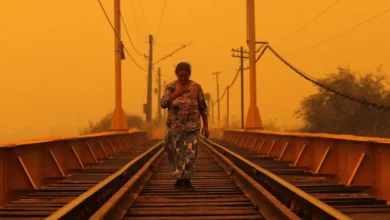Exploited, abused, trapped: The lives of Italy’s South Asian rose sellers

Names marked with an asterisk have been changed to protect identities.
After a night of selling roses in Tuscany, Mohammed* was cycling along a seaside road when someone in a passing car hit him on the back with a pole.
He fell to the ground.
It was August 2013 and Mohammed was 22. He believes it was intentional and likely a racist attack.
“I was already broken,” he said. “But after that, I was in pieces.”
He suffered emotionally and still has back pain from the assault today.
He had arrived in Italy a few months earlier following a harrowing seven-month journey via land and sea.
He had no documents or money and owed 9,000 euros ($9,700) to the Bangladeshi agents who had arranged his trip.
Mohammed says he was guided by multiple people along the way.
When he arrived in Tuscany, he was approached by men from his country who, he says, put him to work selling roses in busy city centres so he could pay for room and board at a house with nine other foreign workers.“I didn’t like bothering people while they were eating to ask them if they wanted to buy a rose from me,” said Mohammed. “But I had no choice.”
Rose sellers are a common sight in Italy’s largest and most romantic cities, such as Rome, Milan or Turin.
South Asian men wield bunches of red roses and approach hordes of tourists every night.
During high season, you may see about 20 rose sellers a night spread across the city centre – and dozens more on Valentine’s Day weekend.
But hidden behind the universal symbol of love is a bleak story of hardship, labour exploitation and human trafficking.











